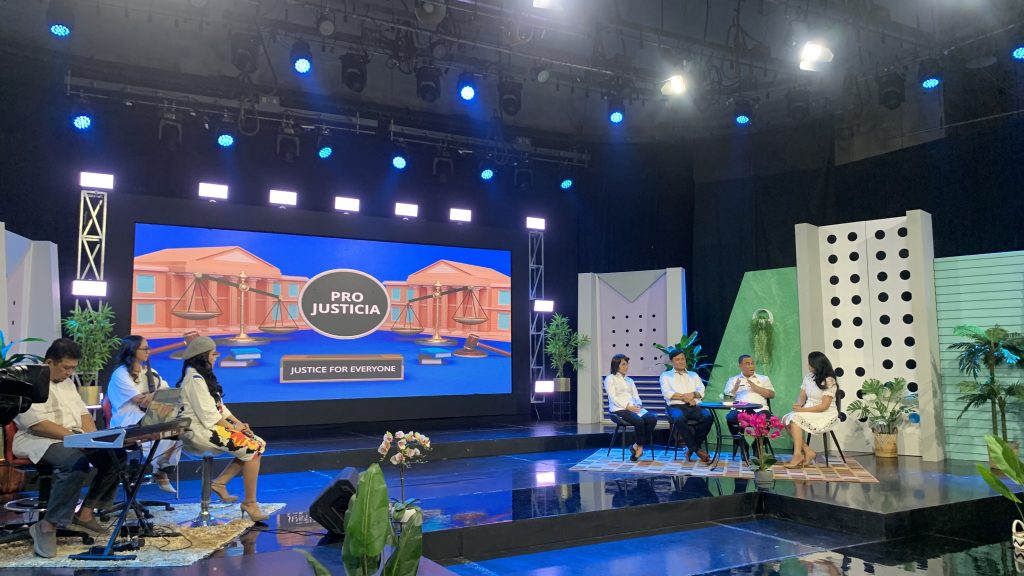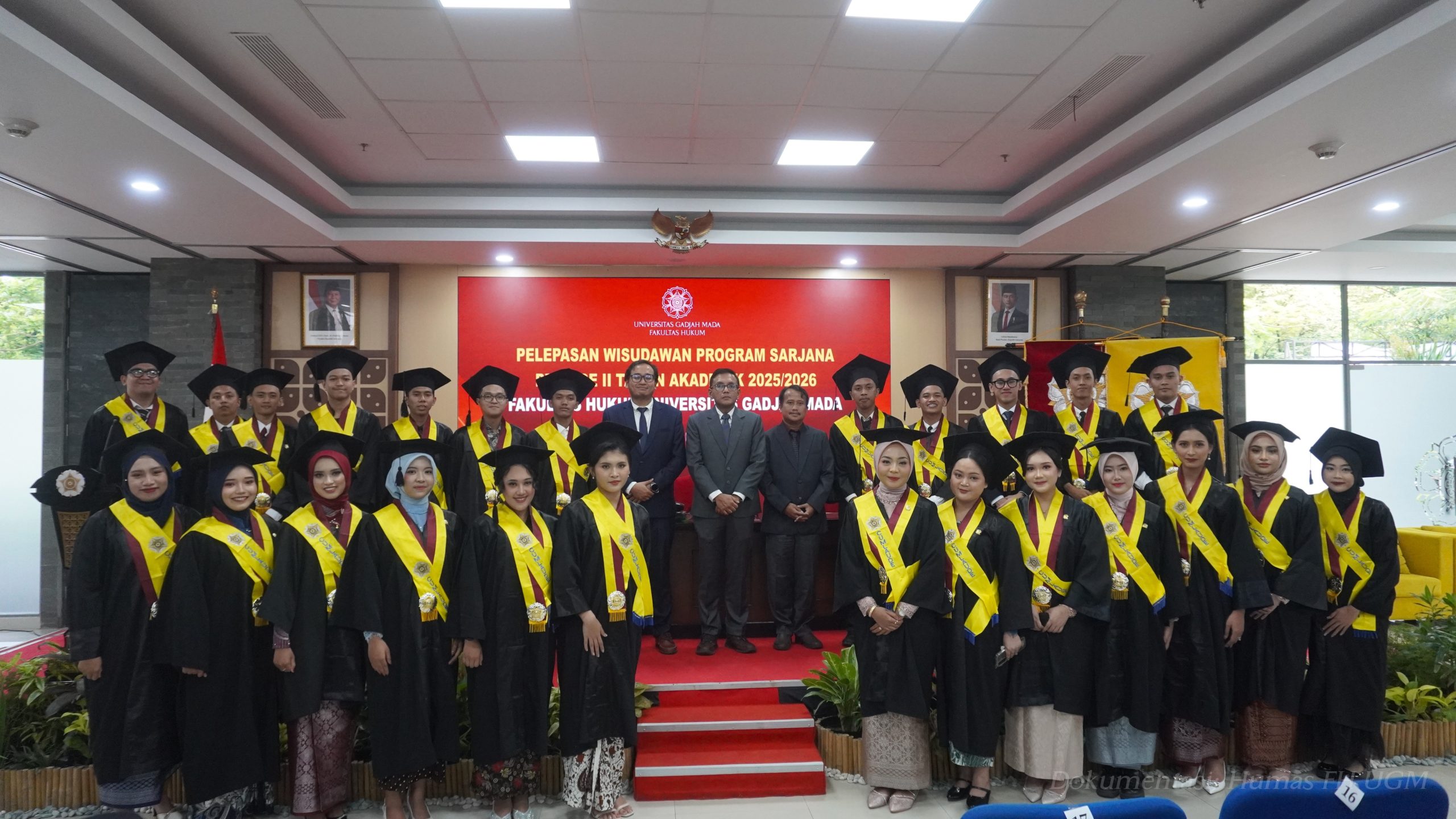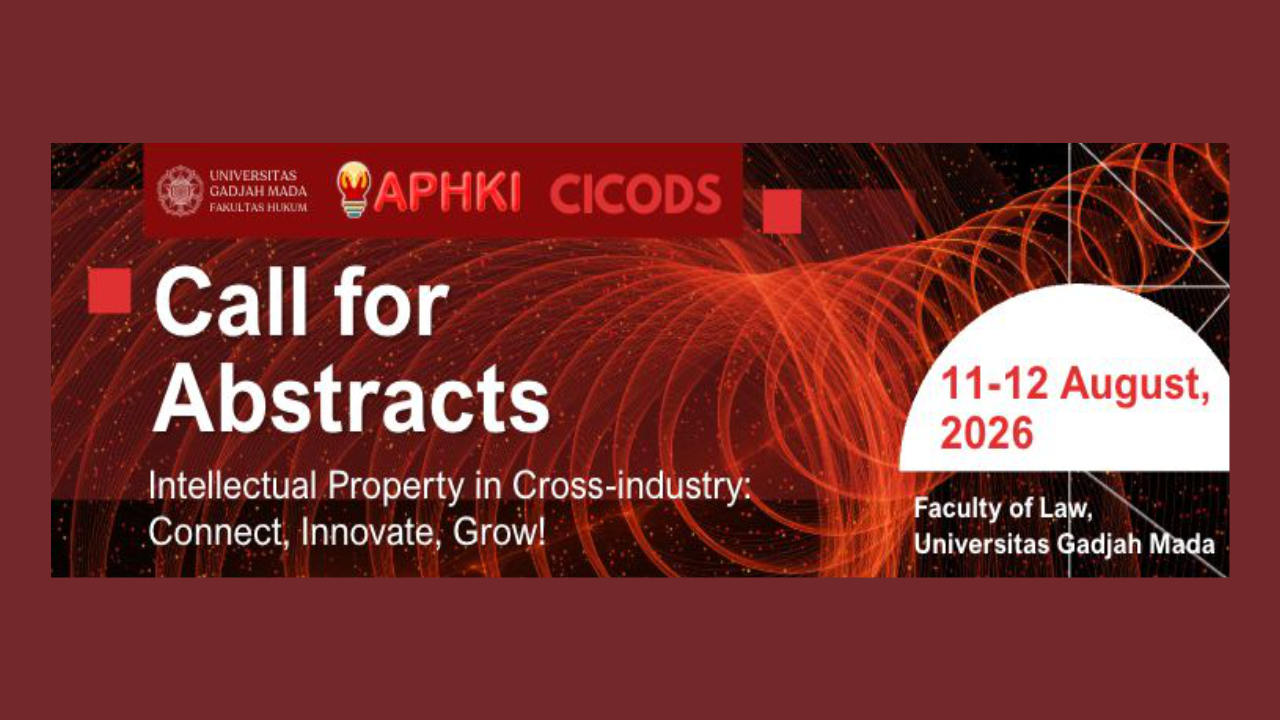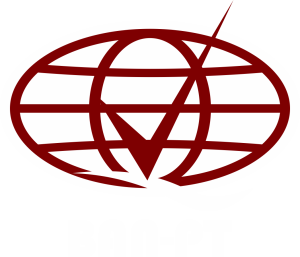In an effort to enhance public understanding of alternative dispute resolution beyond the conventional criminal justice system, the Pro Justicia program broadcasted by TVRI Yogyakarta highlighted the theme “Restorative Justice in the Special Region of Yogyakarta: Resolving Cases Without Imprisonment.” Aired on Tuesday, April 8, 2025, the program was a collaborative initiative between TVRI Yogyakarta and the Legal Aid and Consultation Center (PKBH) of the Faculty of Law, Universitas Gadjah Mada (FH UGM), with support from the High Prosecutor’s Office of the Special Region of Yogyakarta.This initiative forms part of the implementation of the Tri Dharma of Higher Education, particularly in the area of community service executed with excellence, impact, and meaningful.
The Pro Justicia broadcast began at 3:00 PM (WIB), featuring speakers from diverse professional backgrounds. Among the speakers were Dr. Heribertus Jaka Triyana, S.H., LL.M., M.A., Vice Dean for Research, Community Service, and Information Systems at the Faculty of Law, Universitas Gadjah Mada (FH UGM); Agustinus Octavianus Mangotan, S.H., M.H., Assistant for General Crimes at the High Prosecutor’s Office of the Special Region of Yogyakarta; and Fanny Widyastuti, S.H., M.H., Assistant for Civil and State Administrative Affairs at the High Prosecutor’s Office of the Special Region of Yogyakarta.
The discussion emphasized that restorative justice is a legal approach focused on restoring relationships between perpetrators, victims, and the community. Unlike conventional criminal justice, which centers on punishment, restorative justice promotes a holistic and peaceful resolution of issues. It involves all affected parties, aiming to achieve healing justice rather than retribution. This program also highlighted the synergy between academic institutions, public media, and law enforcement in promoting a more just and responsive legal system that addresses the community's needs.
Through this event, public understanding of restorative justice will continue to grow, encouraging the establishment of a legal resolution system that is more just, inclusive, and focused on restoration. This approach aligns not only with the objectives of law enforcement but also with the Sustainable Development Goals (SDGs), particularly Goal 16, promoting peaceful and inclusive societies, providing access to justice for all, and building effective, accountable institutions at all levels. Additionally, the program contributes to strengthening partnerships between educational institutions, media, and legal authorities in line with SDG Goal 17 on partnerships for the goals. With participatory and educational initiatives like this, the spirit of building justice can flourish on a broader scale.
Author: Sahl Radian Setyaki (PKBH)


